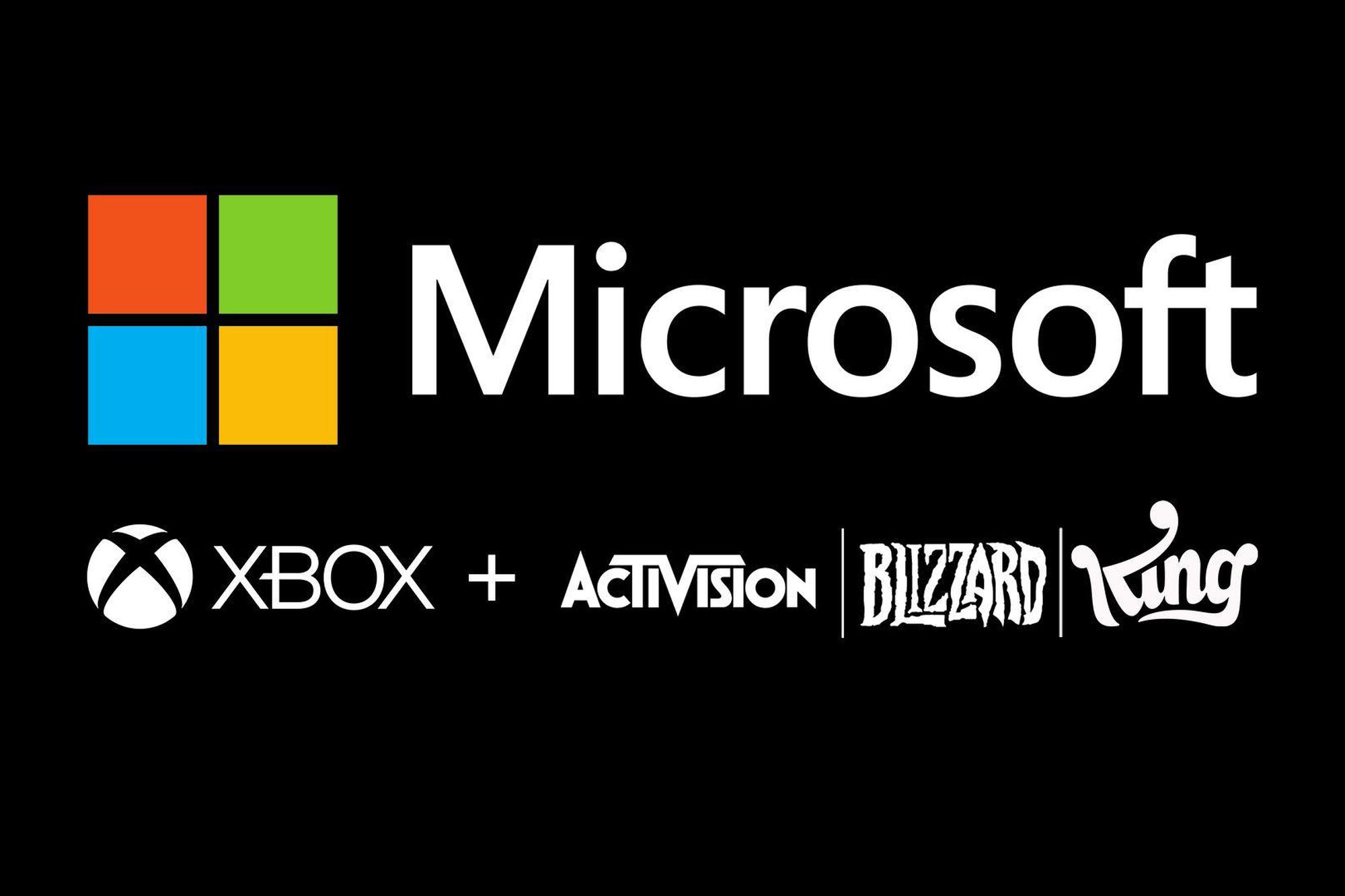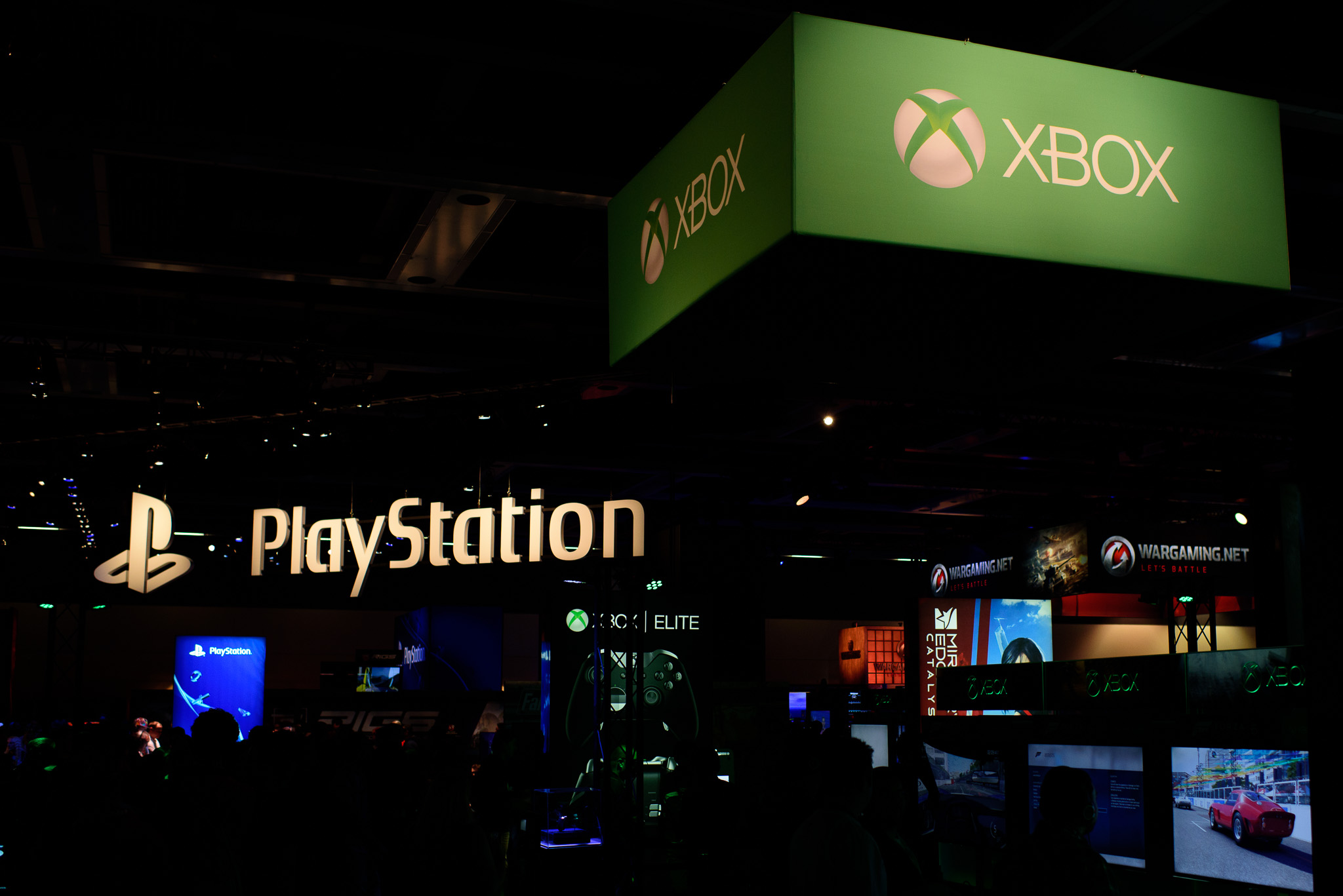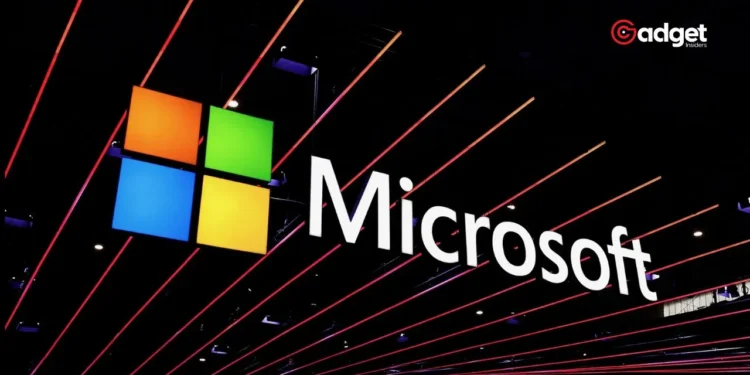The gaming world is abuzz with rumors that Microsoft is preparing a staggering $16 billion offer to acquire Valve Corporation. Valve, known for its iconic games like Half-Life and Portal, also operates the immensely popular Steam Store, making it a lucrative target. While such rumors have circulated before, the sheer scale of this potential acquisition has reignited discussions within the gaming community.

Why This Makes Sense for Microsoft
There are compelling reasons why this acquisition could be a strategic win for Microsoft. The company is keen to strengthen its presence in the handheld gaming market, a space where Valve has already made significant inroads with the Steam Deck. Additionally, owning the Steam Store would significantly boost Microsoft’s PC gaming revenue. As one of the largest digital game distribution platforms, the Steam Store generates substantial income, often likened to owning a money printer.
Challenges and Doubts
Despite the potential benefits for Microsoft, there are several reasons to question the feasibility of this acquisition. Valve’s financial success is well-known, with some estimates suggesting the Steam Store alone generates over $10 billion in annual revenue. Valve is privately owned and notoriously secretive about its financials, making it difficult to ascertain the true value of the company and its assets.
According to Forbes, Gabe Newell, Valve’s co-founder and CEO, has a net worth exceeding $4 billion, largely derived from his stake in the company. Dior, a notable figure in the Counter-Strike community, claims that Newell owns less than 25% of Valve, implying that a significant portion of his wealth is tied up in the company’s value. Unless Newell and other key stakeholders are looking to cash out, it’s unlikely that Valve would entertain any buyout offers, even one as substantial as $16 billion.

The Reality of Valve’s Valuation
Valve’s true worth remains a subject of speculation. While the company’s estimated value is around $8 billion, the lack of public financial details makes it challenging to pinpoint an exact figure. Valve’s portfolio includes blockbuster franchises like Counter-Strike, Dota, and Half-Life, further complicating any valuation attempts.
Dior’s claim that Microsoft is preparing a $16 billion bid has sparked debates among gamers and industry analysts alike. The rumor suggests that a significant offer could potentially be put to a vote among Valve’s employees, many of whom hold stock options. However, given Valve’s consistent financial success and the allure of the Steam Store’s steady revenue stream, it seems improbable that the company would accept an acquisition offer, even from a tech giant like Microsoft.
Speculation and Uncertainty
As with many rumors in the tech and gaming industries, it’s essential to approach this news with skepticism. Valve’s long-standing privacy and the lack of verifiable financial data make it difficult to assess the accuracy of the claims. While the idea of Microsoft acquiring Valve is intriguing, there are numerous hurdles and uncertainties that make such a deal far from a foregone conclusion.

KitGuru, a reputable source in the gaming community, notes that many details about Valve’s financials and operations remain elusive, even with advanced data scraping tools. The true revenue figures for Steam and the overall valuation of Valve are challenging to pinpoint, adding to the speculation surrounding this potential acquisition.
In conclusion, while the rumor of Microsoft’s $16 billion bid for Valve has captured the gaming world’s attention, it remains just that—a rumor. Until more concrete information emerges, gamers and industry watchers will continue to speculate on what could be one of the most significant acquisitions in gaming history.










